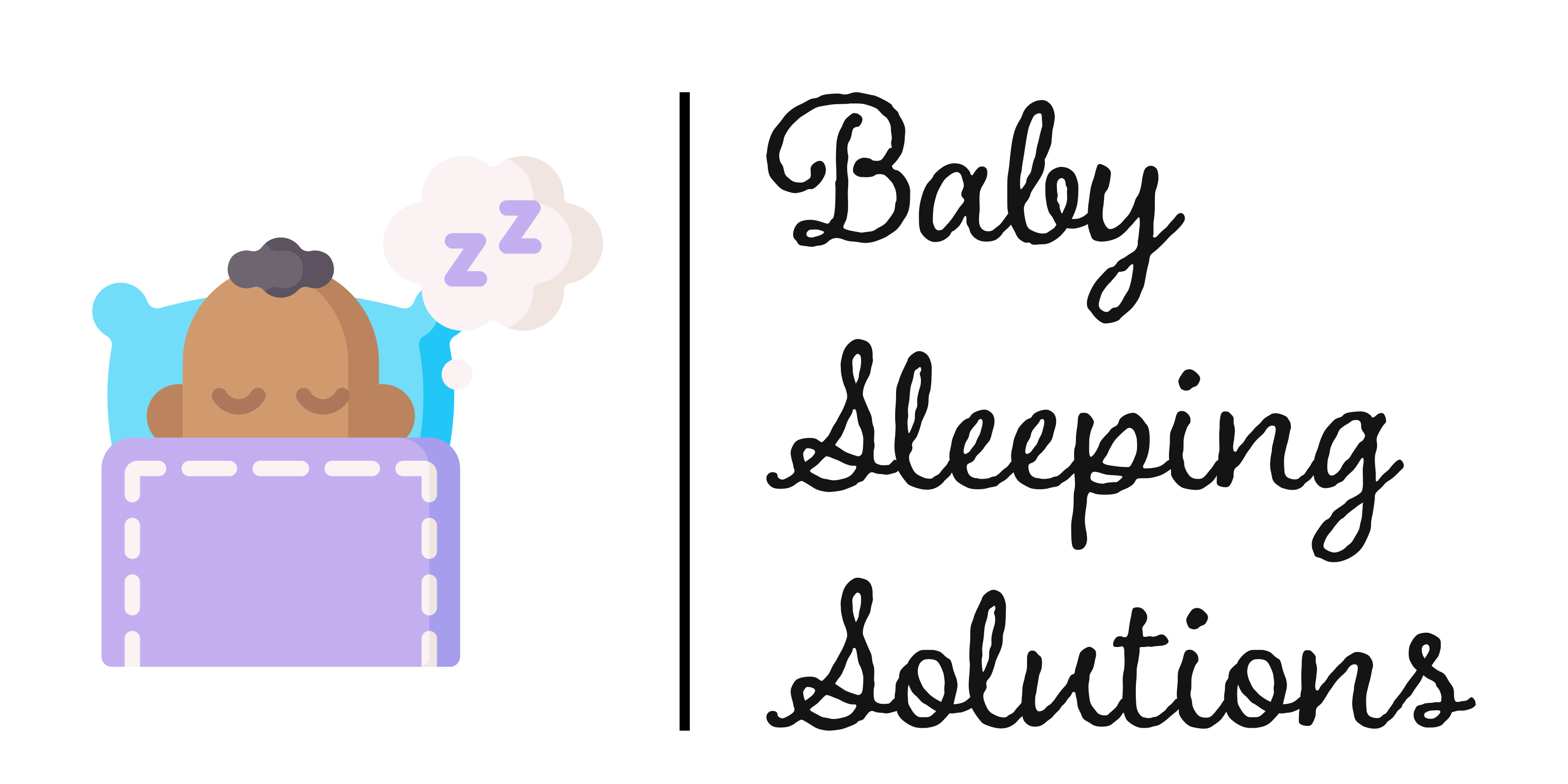Just when you thought you had established a smooth bedtime routine, your toddler’s sleep patterns may take an unexpected turn—welcome to the world of toddler sleep regression. It’s a phase that many parents navigate, marked by disrupted sleep, bedtime battles, and a return to night awakenings. In this article, we’ll explore the challenges of toddler sleep regression and provide strategies to guide you through this temporary but often challenging phase.
***Learn The SECRET To Solving Baby Sleep Problems***
Understanding Toddler Sleep Regression
Toddler sleep regression is a period when a previously well-sleeping toddler experiences disruptions in their sleep patterns. This phase typically occurs around specific developmental milestones or life changes, such as transitioning from a crib to a bed, language development spurts, or the arrival of a new sibling. These disruptions can manifest as difficulties falling asleep, more frequent night awakenings, or resistance to bedtime routines.
**1. *Identifying Sleep Regression Triggers*
Understanding the triggers of sleep regression is the first step in navigating this challenging phase. Common triggers include developmental leaps, teething, potty training, changes in routine, or any significant life event. By identifying the underlying cause, you can tailor your approach to address your toddler’s specific needs.
2. Normalizing Sleep Regression
Recognizing that sleep regression is a normal part of toddlerhood helps parents approach the situation with patience and understanding. Toddlers undergo rapid physical and cognitive development, and these changes can impact their sleep patterns. Knowing that this phase is temporary and often a sign of progress can alleviate parental stress.
***Learn The SECRET To Solving Baby Sleep Problems***
Navigating the Challenges
While toddler sleep regression can be trying, there are strategies to help you navigate the challenges and support your little one through this phase.
1. Consistency is Key: Maintain Bedtime Routines
Despite the disruptions, strive to maintain consistency in your toddler’s bedtime routine. Familiar rituals signal to your child that it’s time for sleep, providing a sense of security. Consistency reinforces healthy sleep associations and aids in minimizing bedtime battles.
2. Comfort and Reassurance: Responding to Night Awakenings
If your toddler wakes up during the night, provide comfort and reassurance. While it might be tempting to introduce new sleep habits during regression, try to avoid creating dependencies that may persist beyond this phase. Instead, offer a comforting presence and gently guide your child back to sleep.
3. Create a Comfortable Sleep Environment
Ensure that your toddler’s sleep environment is conducive to rest. Keep the room comfortably cool, use blackout curtains to minimize light, and consider introducing a comforting object or lovey. A well-crafted sleep environment can contribute to a smoother navigation through sleep regression.
4. Addressing Changes with Empathy
Life changes, such as a new sibling or a move, can trigger sleep regression. In these instances, approach the changes with empathy. Acknowledge your toddler’s feelings and provide reassurance. Spend extra one-on-one time together to strengthen your bond and ease the transition.
5. Patience and Self-Care: Supporting Yourself
Navigating toddler sleep regression can be emotionally taxing for parents. Remember to prioritize self-care, seeking support from partners, family, or friends. Maintaining your own well-being contributes to your ability to navigate the challenges with patience and resilience.
***Learn The SECRET To Solving Baby Sleep Problems***
Embracing the Progress
In conclusion, while toddler sleep regression can be a challenging phase, it is temporary, and it often signifies developmental progress. By identifying triggers, maintaining consistency, offering comfort, and practicing patience, you can guide your toddler through this period with empathy and understanding. As you navigate the challenges of toddler sleep regression, keep your eyes wide open to the unique needs of your little one, embracing the progress that comes with each developmental leap. Remember, you’re not alone in this journey, and both you and your toddler will emerge from this phase with new insights and growth. Sweet dreams, little ones, and may your nights be filled with the comforting embrace of restful sleep.
